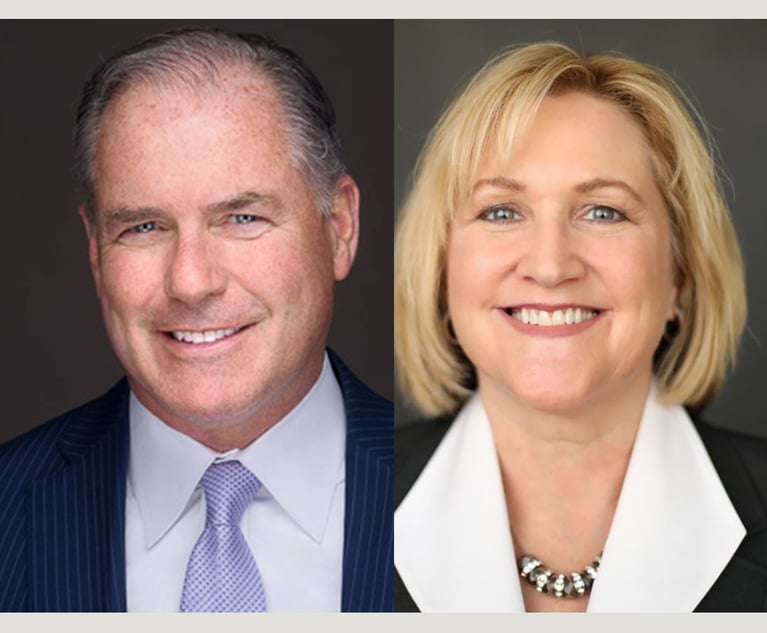In one busy August, the NLRB issued two critical decisions, Stericycle and Cemex, which, taken together constitute one of the most significant changes to labor law since Congress passed the Taft-Hartley Amendments to the National Labor Relations Act in 1947. These two decisions are particularly crucial for nonunion employers to understand because, as the National Labor Relations Board (NLRB) expands its regulatory reach and makes it easier for unions to organize, nonunion employers will increasingly feel the consequences of this new precedent. This article will provide employers with the essential aspects of these two revolutionary decisions and suggest strategies to help manage risks associated with this new NLRB precedent.
On Aug. 2, the NLRB issued its decision in Stericycle, adopting a new legal standard for evaluating work rules challenged as unlawful under the National Labor Relations Act (NLRA). In Stericycle, the NLRB explained that the current standard purportedly allowed employers to adopt work rules that chilled employees’ exercise of Section 7 rights. Section 7 rights generally include employees rights to act together to advocate for improvements in the workplace and can include rights such as wearing union apparel at work to advocating for a social cause that has some connection to the workplace, such as the “fight for $15.” Under the new standard, the NLRB considers a rule unlawful if it “could” (rather than “would”) be interpreted to limit employee rights—dramatically increasing the likelihood a challenged rule will be deemed unlawful.
This content has been archived. It is available through our partners, LexisNexis® and Bloomberg Law.
To view this content, please continue to their sites.
Not a Lexis Subscriber?
Subscribe Now
Not a Bloomberg Law Subscriber?
Subscribe Now
LexisNexis® and Bloomberg Law are third party online distributors of the broad collection of current and archived versions of ALM's legal news publications. LexisNexis® and Bloomberg Law customers are able to access and use ALM's content, including content from the National Law Journal, The American Lawyer, Legaltech News, The New York Law Journal, and Corporate Counsel, as well as other sources of legal information.
For questions call 1-877-256-2472 or contact us at [email protected]


 Matthew A. Fontana of Faegre Drinker Biddle & Reath. Courtesy photo
Matthew A. Fontana of Faegre Drinker Biddle & Reath. Courtesy photo




